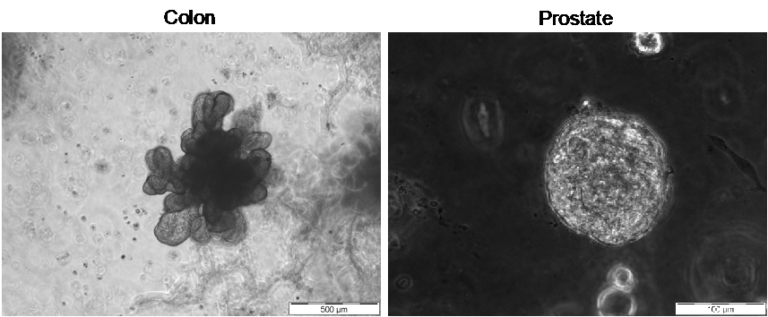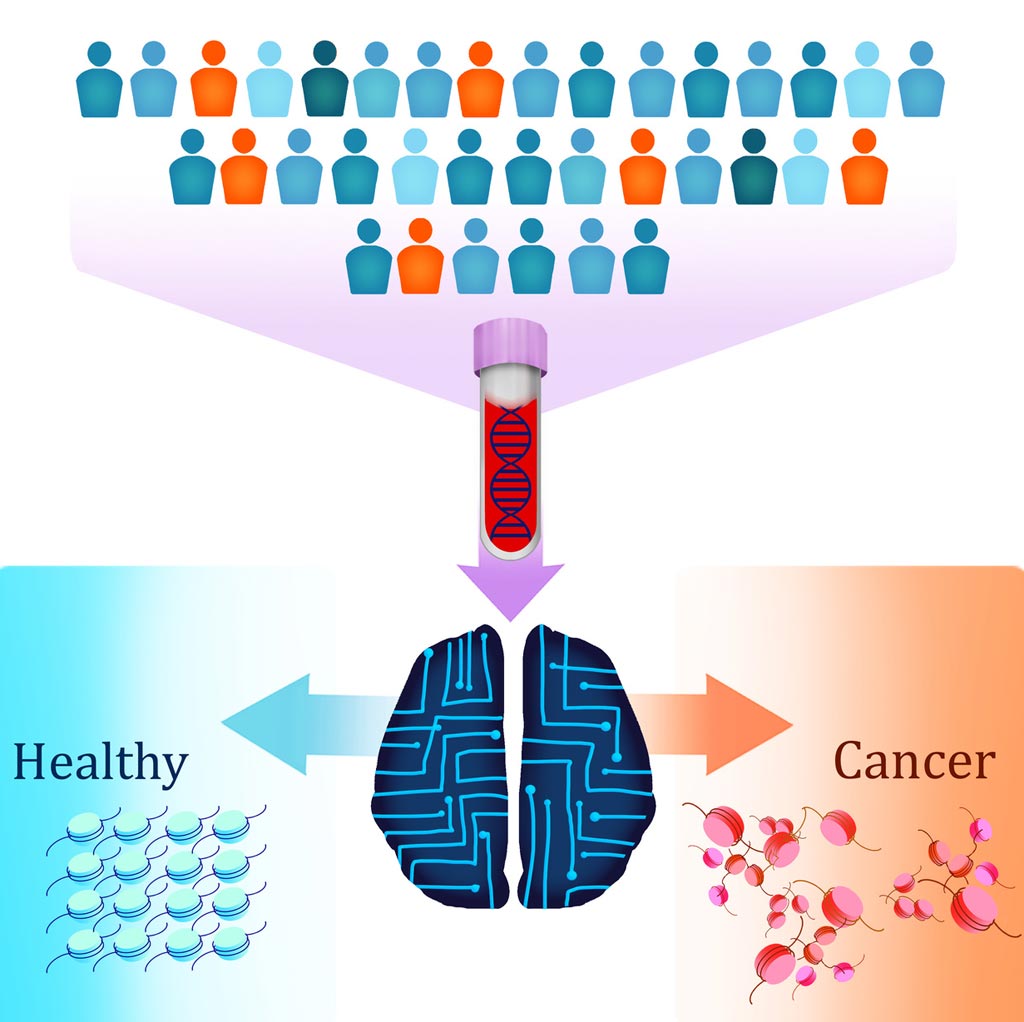In a first step we will define molecular targets that are suitable for molecular PET/SPECT imaging and for testing in liquid biopsies of patients. Such targets will include therapy relevant mutations, gene expression patterns and epigenetic alterations.
Additionally, we will develop and characterise preclinical models based on organoid cultures and PDX mouse models of hormone refractory PCa and metastatic CRC (Fig.1). These models will be used
- for preclinical evaluation of established markers,
- to investigate important questions related to tumor biology (e.g tumor heterogeneity, influence of the tumor microenvironment), and
- for drug screens to identify novel therapeutic targets and/ or predictive markers.


